Online Diabetes 2 Care $149
Affordable No insurance? No problem. Get fast, simple care from a Licensed medical provider with a 25-minute consultation.
Book An Appointment In 3 Easy Steps
Getting quality care shouldn’t be complicated. With Tele Doctor On Call, you can connect with a licensed provider in just minutes
Sign Up For Free
To Get Started
Create a Tele Doctor On Call account or log in on our website or mobile app for free. No membership, subscription, or credit card info needed.
Get StartedBook Appointment
At Your Convenience
Pick a reason for visit, answer a few quick questions, and see a specialist within minutes or schedule your appointment at a convenient time.
Book NowStart Your Visit
Meet Your Doctor
Meet with a board-certified doctor, nurse or clinician who will diagnose your symptoms, create a treatment plan, and prescribe medication if needed.
Meet A DoctorManaging Diabetes type 2 with TDOC
Having a hard time managing your diabetes? Meet with our certified providers today! Receive nutrition education, close follow-up if needed, medication refills, or modifications. Get better control of your diabetes with TDOC.
Blood Sugar Monitoring – Check your glucose levels regularly using a glucometer or continuous glucose monitor to maintain optimal control.
Insulin Therapy – Work with your doctor to determine the right insulin type (rapid-acting, long-acting) and injection schedule for your needs.
Oral Medications – Take prescribed oral medications to help regulate blood sugar levels effectively.
Balanced Nutrition – Follow a diet rich in fiber, lean proteins, and complex carbs while limiting processed sugars and unhealthy fats.
Regular Exercise – Engage in physical activities like walking, swimming, or strength training to improve insulin sensitivity.
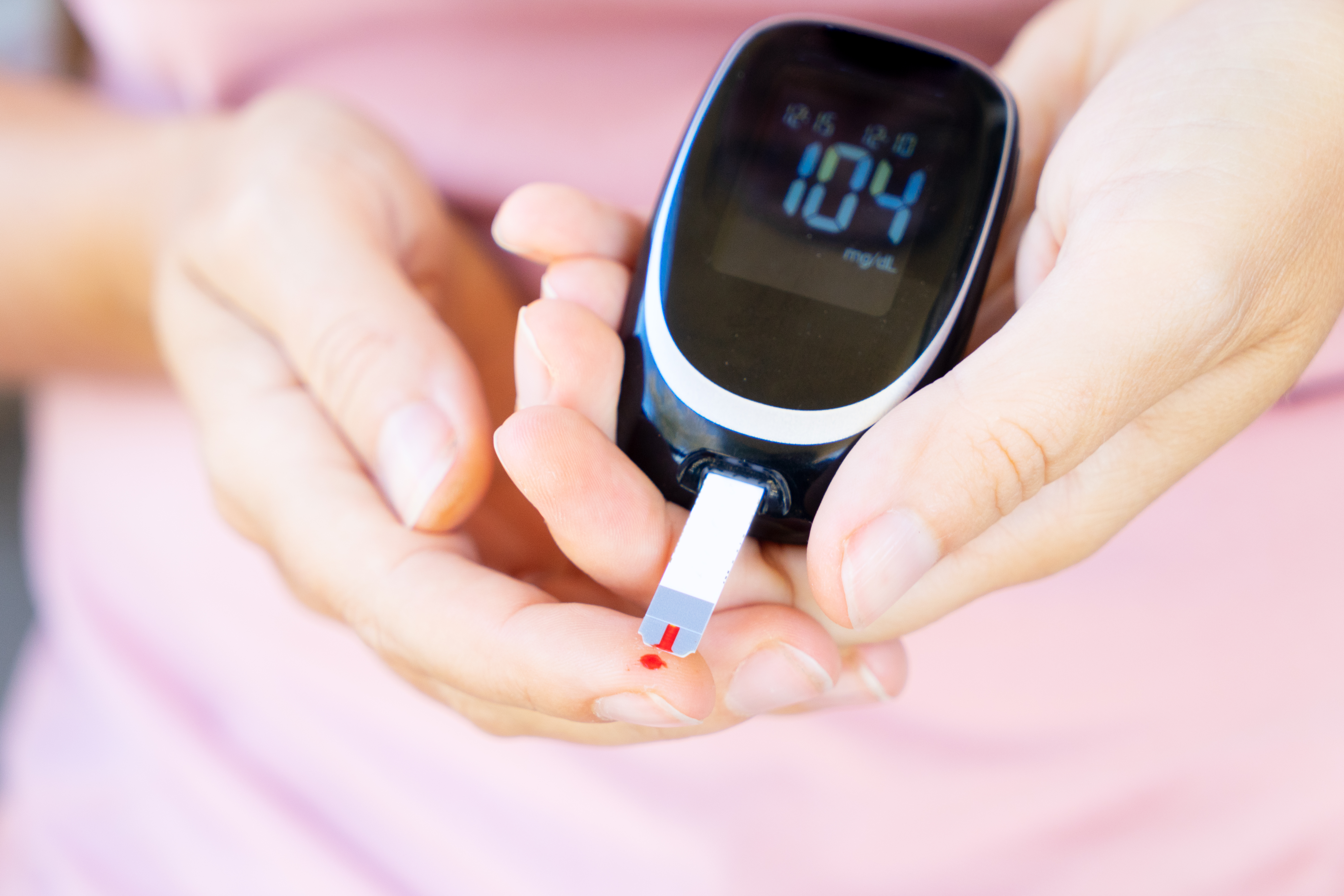
Weight Management – Maintain a healthy weight through diet and exercise to reduce diabetes-related risks.
Foot Care – Inspect your feet daily for cuts or sores and wear proper footwear to prevent infections.
Stress Management – Practice relaxation techniques like meditation or deep breathing to avoid blood sugar spikes from stress.
Regular Check-ups – Visit your healthcare provider for routine A1C tests, kidney function checks, and eye exams.
Education & Support – Join diabetes management programs or support groups to stay informed and motivated.
Managing Diabetes Effectively
Stay in control with the right tools, medications, and lifestyle support. Learn more about the daily essentials for managing Type 2 diabetes.
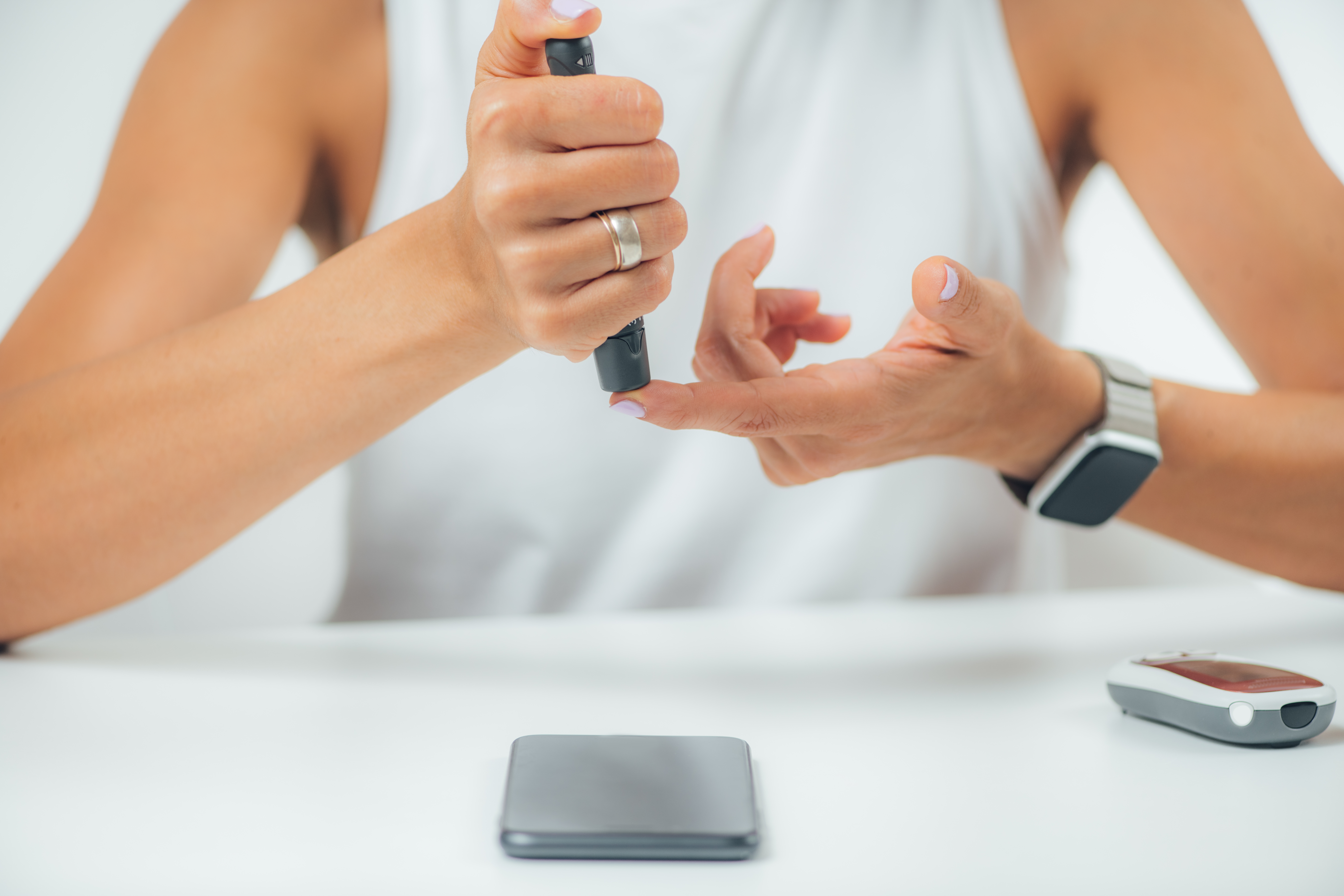
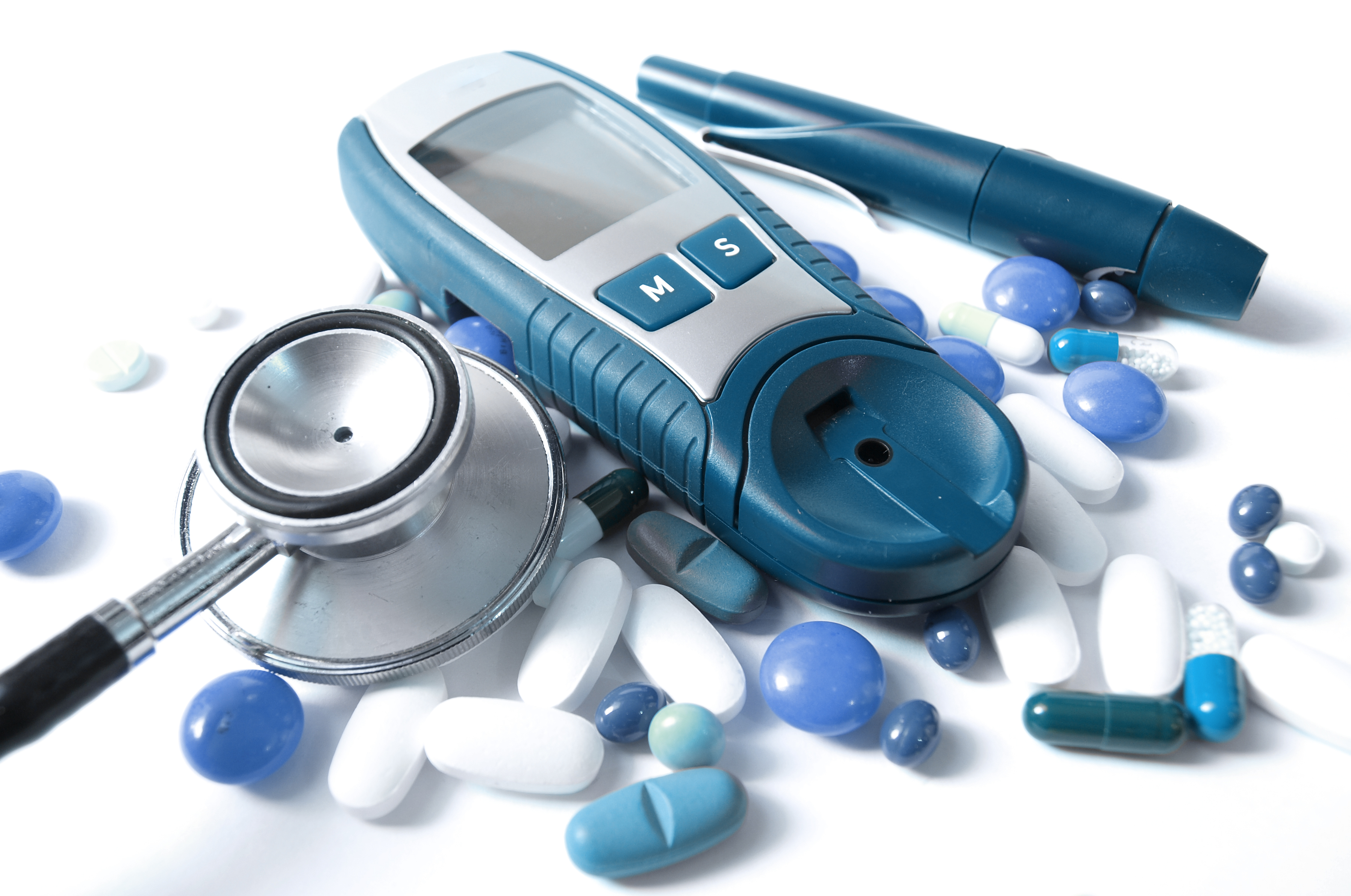
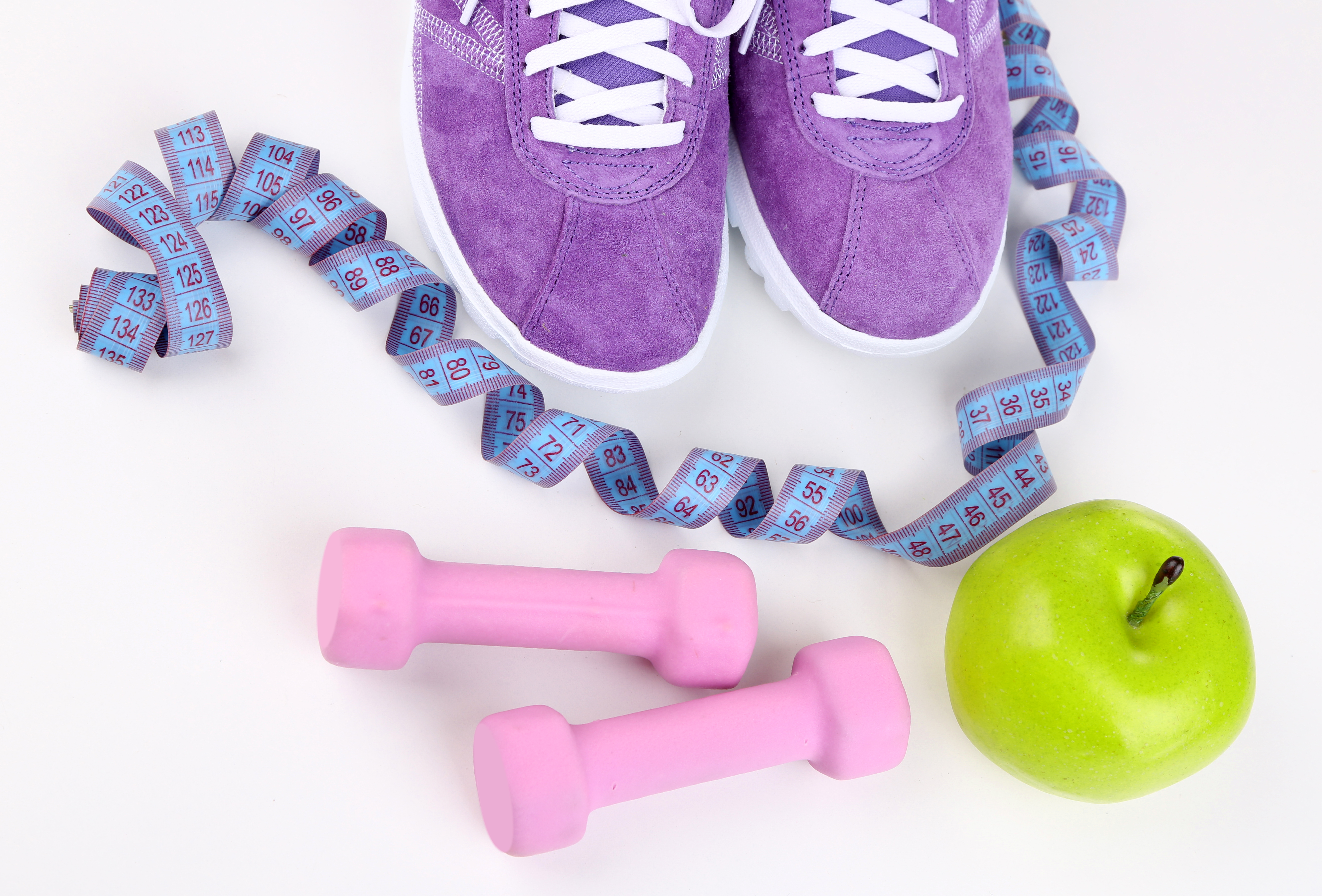
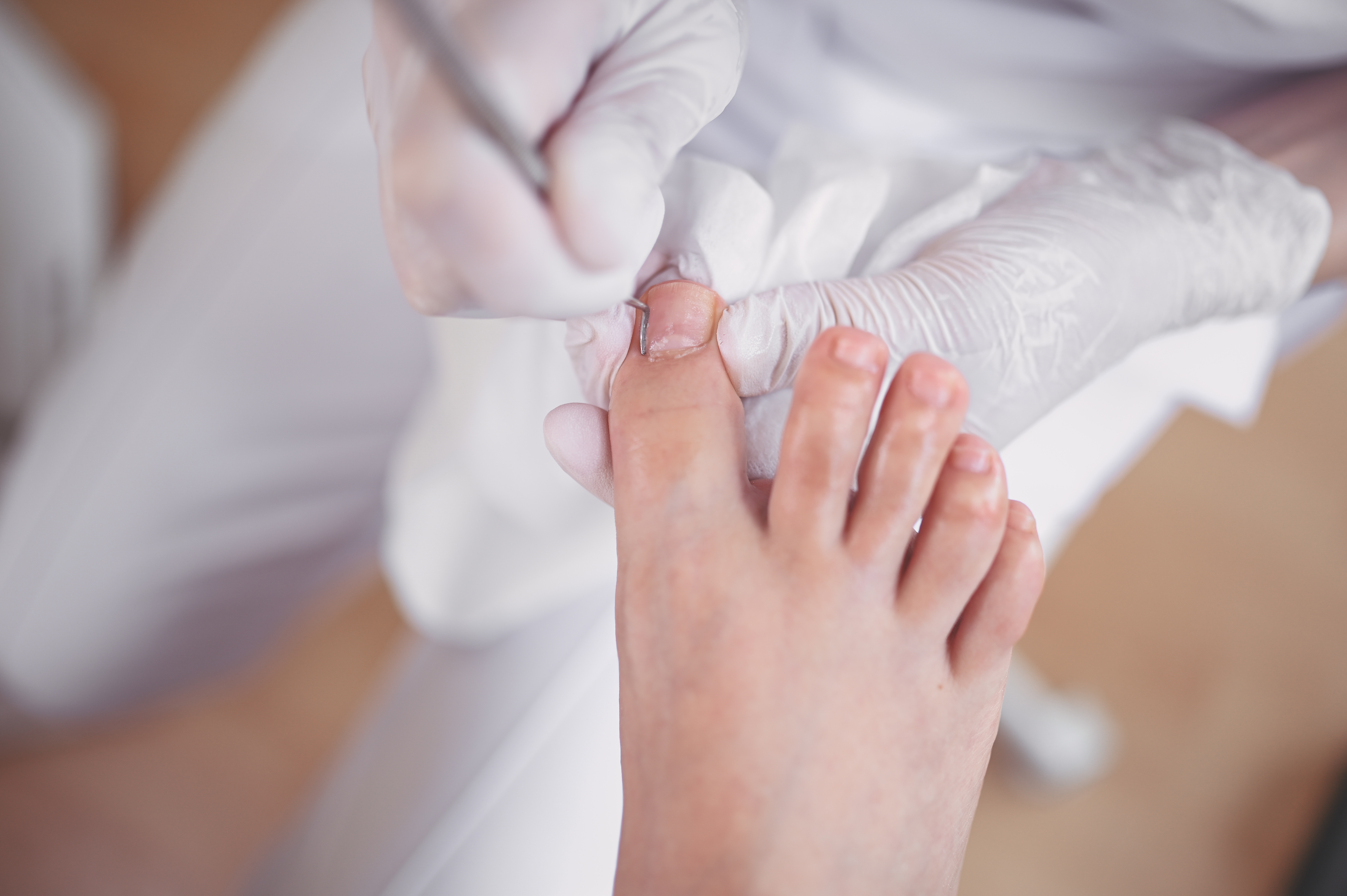
Diabetes Self-Care Essentials
Effective diabetes management involves daily routines, medication adherence, balanced nutrition, and preventive practices. Here are key pillars of self-care for living well with diabetes.
Glucose Monitoring
Especially if you are on insulin, track your blood sugar levels daily with a Glucometer, or Continuous Glucose Monitor (CGM). Check before meals, 2 hours after meals and at bedtime to maintain optimal control. Especially if you are having a hard time controlling your diabetes
Insulin & Medications
Manage blood glucose and prevent complications. There are multiple oral medications as well as insulin classes. Dosage and timing is critical—don’t skip your meds! If you feel you are having side effects, bring it up to the provider.
Diet & Nutrition
Balance carbohydrates and avoid blood sugar spikes. Leafy greens, whole grains, lean proteins. Use the plate method for easy portion control.
Foot Care
Prevent ulcers and infections. Daily checks, moisturizing, diabetic socks. Schedule an annual visit with a podiatrist.
Eye Care
Make sure you see an optometrist or ophthalmologist at least once a year for your diabetic eye exam.
Physical Activity
Make sure to engage in physical activity for at least 30minutes, 5 days a week. Walking, swimming, and weight training are all great options. If you are a member at a gym that offers classes, join one that interests you
Work with your healthcare provider to create a care plan tailored to your lifestyle and goals.
Diabetes treatment FAQs
Finding out you have diabetes can be alarming, but it doesn't need to be a life sentence. Diabetes treatment options are constantly growing. There is much you can do to improve your health and manage your diabetes. From sticking to a healthier diet to developing an exercise habit, to taking medication, and having frequent follow-ups with your provider. Work with our highly trained medical team to find the best lifestyle and treatment plan for you.


